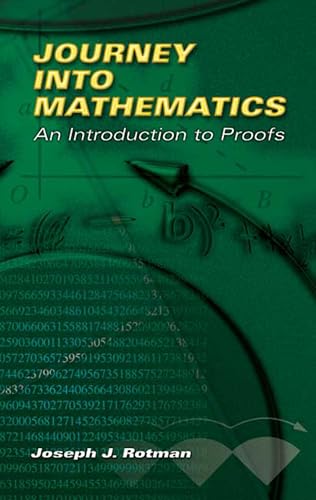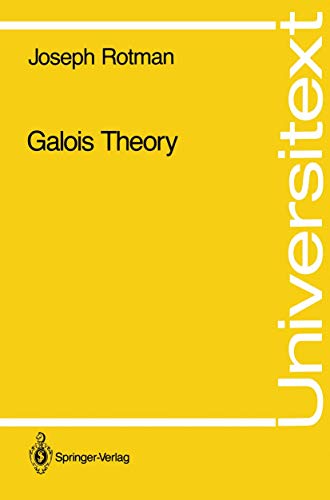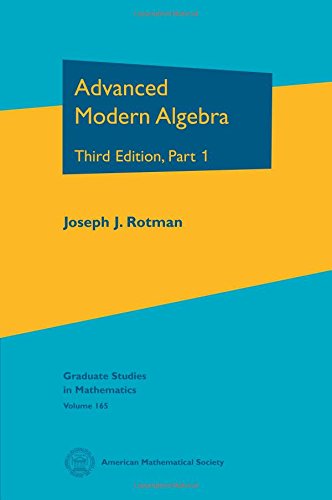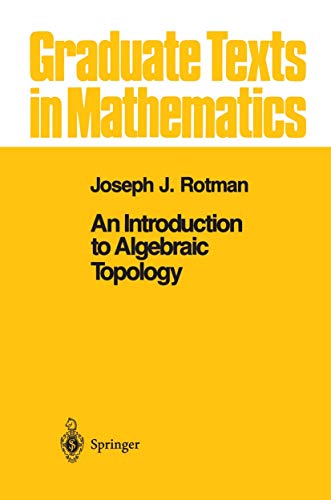Joseph J. Rotman
I was born in Chicago during the Depression. Both my parents had immigrated
to the US in the 1920s: my mother from Romania; my father from Russia. I am
in awe of their courage: neither spoke English; their families were poor; neither
had much formal education (my mother arrived at age 12; my father age 17).
They met in Michigan (my mother's family lived in Detroit; my dad's in Chicago).
That I was born in America and not in Europe of that time was one of their great
gifts to me: not only did I avoid the Holocaust, but I grew up in a freer society.
When I graduated high school, I won a scholarship that paid tuition and
expenses for four years to a college of my choice. For some reason, Northwestern
was my first choice, but they refused to admit me because, at that time, they had
a quota on Jewish students (their admission application would be illegal today); this
quota did not extend to their faculty, two of whom where Rosenberg and Zelinsky.
Lucky for me, my second choice was the University of Chicago. I will argue that,
in the 1950s, their math department was one of the world's best (including Mac Lane,
Weil, Chern, Zygmund, Marshall Stone, Kaplansky, Spanier, Halmos). Some of my
student contemporaries were Paul Cohen, John Thompson, Steve Schanuel, and Hyman Bass. My thesis advisor was Kaplansky; my thesis was about abelian groups. Homological algebra and category theory were very active at Chicago, and I was around when Auslander,
Buchsbaum, and Serre proved their beautiful theorems about regular local rings.
My first position was as research associate (nowadays it's called a post-doc) at the University of Illinois at Urbana-Champaign. Some excellent algebraists there at the time were Suzuki, Reiner, and Heller. I've spent all my career there, with several (sabbatical) years
off for good behavior (London, Oxford, Israel; I met my wife in Jerusalem). I wrote my
first book (group theory) when Michio Suzuki encouraged me to teach a graduate course
(of course, he was a world class expert). Moreover, Bill Boone had recently joined the
faculty, and he encouraged me to include a solution of the word problem. Roger Lyndon's
review of my book in Math Reviews was so kind that I felt I might write more. I'm
now emeritus, but I still enjoy writing.
Popular items by Joseph J. Rotman
View all offers-
Journey Into Mathematics: An Introduction to Proofs (Dover Books on MaTHEMA 1.4tics)
Rotman, Joseph J
Item prices starting from
View 20 offers£ 8.02
-
A First Course in Abstract Algebra
Rotman, Joseph J.
Item prices starting from
View 10 offers£ 11.75
-
A First Course in Abstract Algebra
Rotman, Joseph J.
Item prices starting from
View 9 offers£ 17.14
-
-
Advanced Modern Algebra: Third Edition, Part I (Graduate Studies in Mathematics)
Rotman, Joseph J.
Item prices starting from
View 4 offers£ 37.32
Also find
New -
An Introduction to Algebraic Topology: 119 (Graduate Texts in Mathematics, 119)
Rotman, Joseph J.
Item prices starting from
View 36 offers£ 32.12
-
Learning Modern Algebra: From Early Attempts to Prove Fermat S Last Theorem (Mathematical Association of America Textbooks)
Cuoco, Al; Rotman, Joseph
Item prices starting from
View 23 offers£ 27.07
-
An Introduction to the Theory of Groups: 148 (Graduate Texts in Mathematics, 148)
Rotman, Joseph J.
Item prices starting from
View 49 offers£ 41.76
You've viewed 8 of 16 titles








